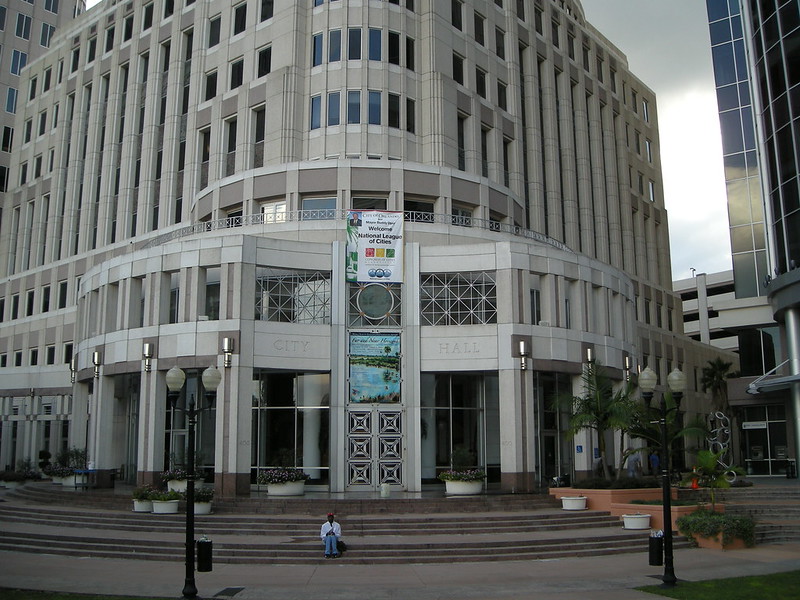Florida Business Owners: You Need a Business Tax Receipt (Maybe Two)

Alcoholic beverage companies operating in Florida must apply for and maintain several federal, state and local government licenses and permits. One of the most common is the business tax receipt (BTR).
Florida Counties and Cities Require BTRs for Nearly All Businesses
The Florida Statutes generally authorizes counties and cities to levy a business tax for the privilege of engaging in or managing any business within its jurisdiction. A business tax receipt (BTR) is a proof of payment of that business tax. Florida businesses are required to obtain a BTR prior to opening, sometimes from both the city and county their business will operate within, depending on the local municipal code. BTRs must also be renewed annually to avoid legal penalties.
BTRs are payable from July 1st each year and due by September 30th. The amount is based on several factors depending on the local guidelines, but can include the premises square footage, number of workers, or inventory costs of the prospective business site. If a business does not make their payment by Sept 30th, they may be subject to a delinquency penalty starting at 10% and increasing by another 5% each month. If they have still not paid by February 1st, businesses will be subject to legal action and a penalty of up to $250.
What Happens When you Apply for a BTR
A word of warning: applying for a BTR may trigger other requirements for business owners.
Application for a BTR is often the first time local government becomes aware of a new business within its jurisdiction. This often leads to a review of the business’s compliance with other aspects of the local government’s regulations. For example, a prospective business location may contain construction deficiencies or complications that need to be corrected in order to meet local or state building requirements, like plumbing or electrical wiring. The operations of a business may be required to comply with health and sanitation regulations.
In many cases, a BTR application must be submitted concurrently with a Certificate of Use application. The Certificate of Use is a type of zoning permit that ensures a business is allowed to operate within the zoning district it is located in. If a building had previously been used for one purpose (like a warehouse) and it is not intended to be used for another purpose (like a brewery and taproom), a change to the permitted use of the building will most likely be required before issuance of a new Certificate of Use.
Some Florida cities, such as Orlando, combine the application for a BTR and a Certificate of Use into one form for the convenience of the business owner(s), while other cities do not. Not all businesses will be required to obtain a Certificate of Use if they meet specified exemptions stated by the local government, such as mobile businesses or congregate living facilities.
BTR Exceptions
Many Florida cities and counties include fee exemptions for business owners that meet certain requirements. Common examples include honorably discharged military veterans and their spouses or surviving widows, spouses of active-duty military service members, persons receiving public assistance such as Social Security, and/or persons with household income below 130% of the federal poverty level. Exemptions of this kind can only be made if the majority interest owner of a business meets one of the requirements and the business employs fewer than 100 people.
With proper documentation and record-keeping, you can ensure that your business stays in good standing with the state and local governments, and that you have all the required information needed to make competent financial decisions. Be sure to check what your city and county require before submitting an application for a BTR and Certificate of Use, as well as what requirements there may be for any potential fee exemptions.
Do you have questions about business tax receipts? Contact us to schedule a consultation with a beverage attorney.
Because we’re attorneys: Disclaimer. Posted April 9, 2023.

